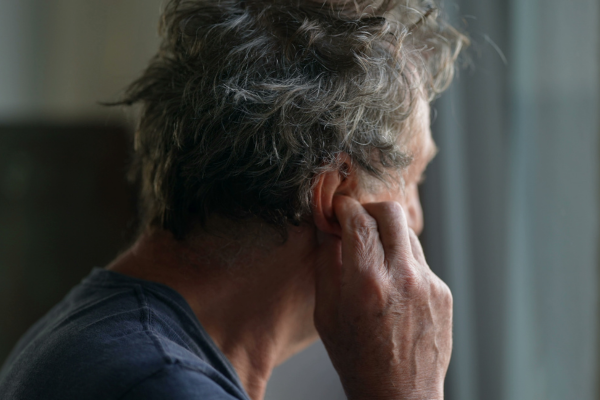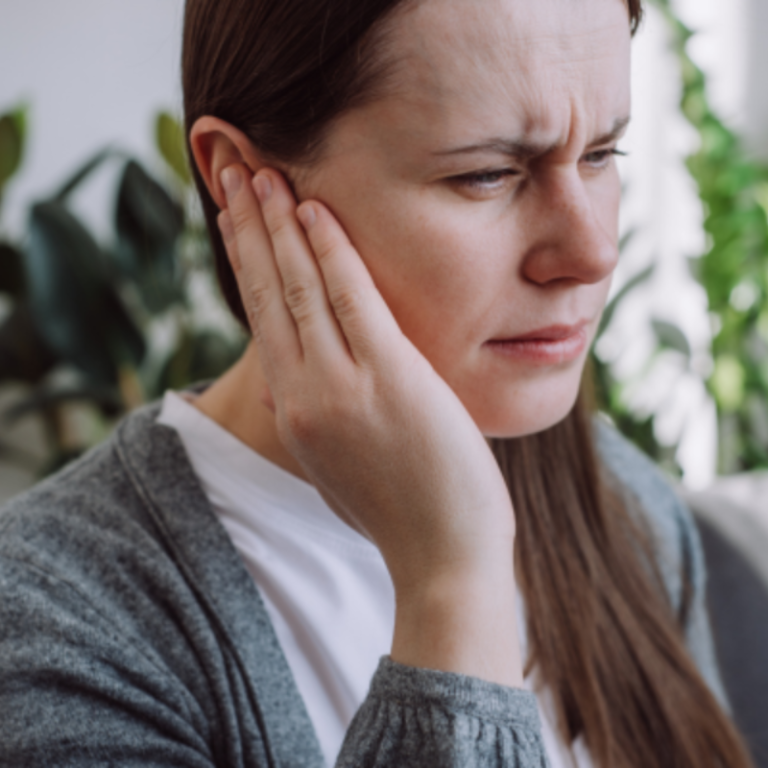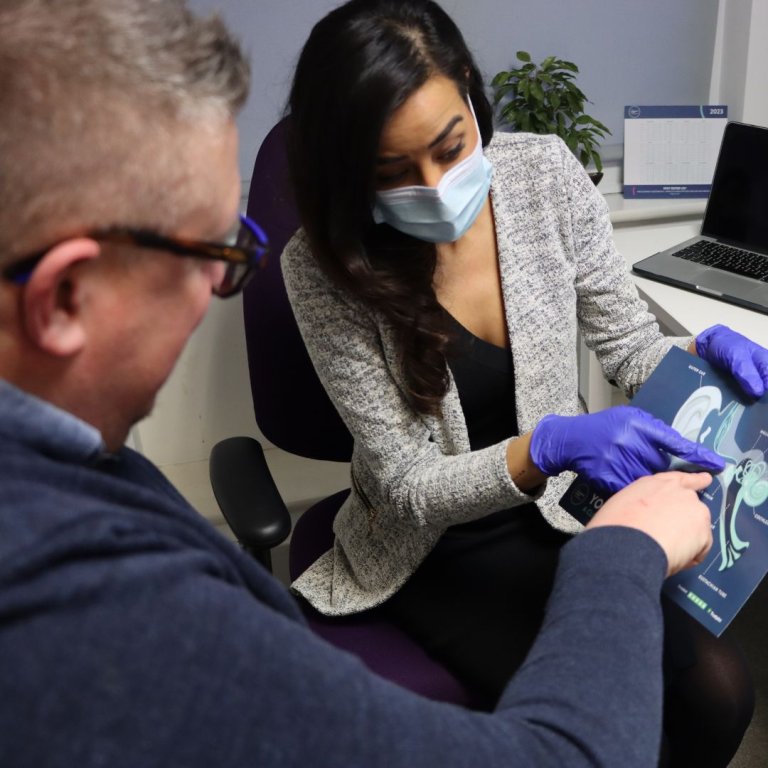Prevention
The first thing you should do to prevent itchy ears is to stop using objects in them. Cotton buds, bobby pins, cotton balls, and paper clips can all do more harm than good, pushing earwax deeper and damaging the delicate skin inside your ear canals.
Instead, dry your ears gently using the lowest power setting on a hairdryer to help dry out the extra moisture that might be causing the itchiness.
If your itching is being caused by excessive earwax or by a dry skin condition like eczema, using olive oil drops may help to moisturise the dry skin and break up the buildup. Never use objects like cotton buds to scratch the inside of your ear canal – this can be dangerous and can damage the delicate skin in your ears, impact earwax further, or damage your eardrums.



